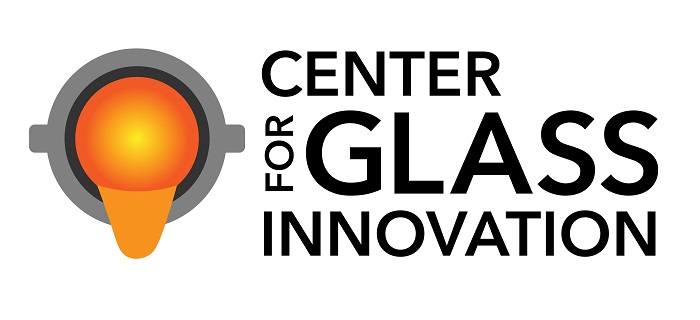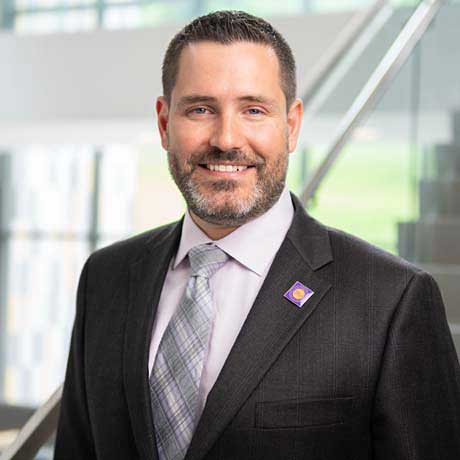Center for Glass Innovation
Together creating the future of glass.
The Center for Glass Innovation (CGI) was established at the New York State College of Ceramics to develop next generation glass materials and improve glass manufacturing processes to optimize material performance for industrial and government applications. A significant emphasis of the CGI is on developing new high-performance materials, low-cost feedstock alternatives, and energy efficient manufacturing processes that result in a reduction of the glass manufacturing industry’s carbon footprint.

Mission
Performing applied research to develop or improve glass compositions and glass-making processes that will lead to a more secure, economical, and environmentally sustainable glass industry.
CGI Activities
- Development research – new products
- Applied research – existing products
- Processes – better, cheaper, faster, more energy-efficient
- Technology transfer – commercialization
- Workforce development – developing technical workers to support NYS growth
Base Funding
- Funds are pooled and allocated to projects based on the direction of the membership.
- Research ideas will be presented to the BoD and they will pick from that list or formulate their own research agenda.
- Research will be pre-competitive, applied research and eligible for CACT cost match for that portion that is funded by NYS companies.
Self Directed Funds
- Funds that remain at the discretion of the individual members.
- Members can direct funds to specific projects of interest.
- Members can create ad hoc collaborative projects (supplemental projects).
- Members can roll self-directed funds over the to the next year.
Analytical Services
- Members receive analytical services at a discounted rate.
- Service could include business services such as market analysis or continuous improvement projects.
- Members may use current year Self Directed Funds for additional services.
- Analytical services may be converted to Self-Directed Funds at the end of the year.
Technology Innovation
- Basic research – not eligible for CACT cost share.
- Alfred University faculty compete for this funding by submitting proposals to the membership who vote on the projects chosen.
- Research will be published.
Program Funding
- Used for promoting and supporting glass research and industry.
- K-12 STEM outreach.
- Workforce development.
- Grant writing.
Potential Supplemental Funding Streams
- Federal Broad Agency Announcements (BAAs)
- Federal Funding Opportunity Announcements (FOAs)
- SBIR/STTR Subcontracts/Subawards
- Manufacturing USA Institutes (REMADE, CESMII, etc.)
- NYS Agencies (NYSERDA, NYSTAR, ESDC) • Federal Capital Funding (MRI, DURIP)
- Goal: Annual Supplemental Funding of $1.5M
Staff
 John Simmins
John Simmins
Director, Research Promotion Economic Development
CACT
 David Gottfried
David Gottfried
Deputy Director Business Development
CACT
Related Information
Center for Advanced Ceramic Technology
Infrastructure for Technical Ceramics/Glass Development
Materials Research Resources and Capabilities